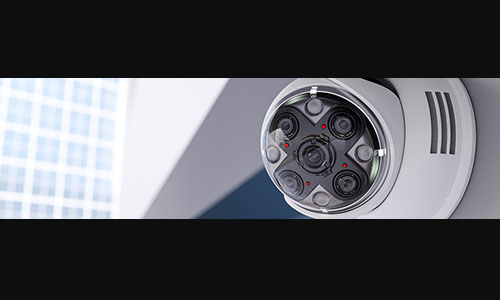Check out moreTechXchange Talksvideos.
What you’ll learn
- What is a private cellular network?
- Where are private cellular networks used?
- How to get starting building a private cellular network.
- Can private and public cellular networks coexist?
Cellular technology offers many features such as low latency and high throughput. In the private space, the Citizens Broadband Radio Service (CBRS), also known as private cellular, brings these features to companies that might otherwise deploy technologies like Wi-Fi(Fig. 1). There are advantages to all of these wireless technologies, and many companies and environments can benefit from more than one.
Cellular network service providers normally employ licensed spectrum for their offerings(Fig. 2). The laws and bandwidth allocation differ by country. Generally, though, there's also shared spectrum and unlicensed spectrum that can be used for private cellular deployment. Unlicensed spectrum is used for other technologies like Wi-Fi, too.
I talked withDigi International’sHarald Remmert, CTO/Cellular Solutions, about private cellular applications, services, and deployment(watch the video above).
Deploying a cellular network tends to be more expensive than some alternatives because of the hardware involved and the coverage that's necessary. It may also include sublicensing spectrum depending on details like the area of deployment. The cost may actually be lower as this also depends on the bandwidth and latency required for an application.
The technology employed with private cellular networks is essentially the same as for providers of licensed spectrum. It's also possible for end nodes to support private as well as public cellular networks switching between them as necessary. A typical scenario might be trucks that operate within a company’s property with a switch to a public network as a vehicle leaves this area.
At the end of the video we talk about some of Digi International’s products that support private cellular networks. This includes the company’sDigi EX50, which brings private cellular support to enterprise environments(Fig. 3).
Digi International can help with planning and deployment in addition to providing network hardware. For industrial applications and environments, there are Dig IX10 and Digi WR31gateways(Fig. 4).
They address a wide range of private cellular solutions including rugged environments with theTX64series(Fig. 5). These can be used in transportation applications such as trains.
私人手机simila计划和部署r to deploying a large Wi-Fi network, but the considerations and details tend to be different. Likewise, companies and developers need to examine the advantages and tradeoffs of private cellular networks to make sure they meet the needs of a particular application.

















